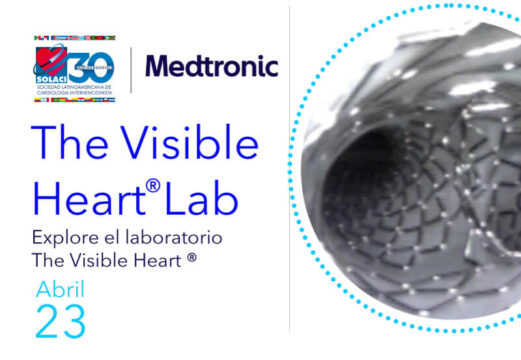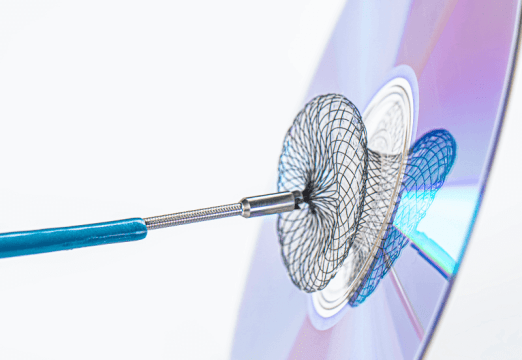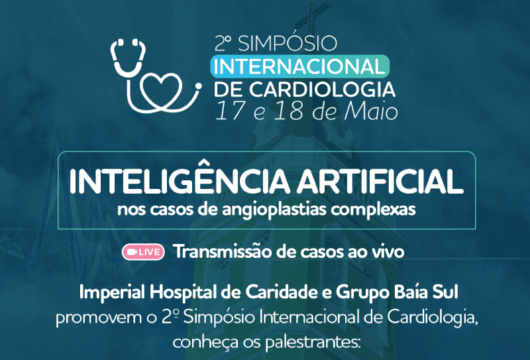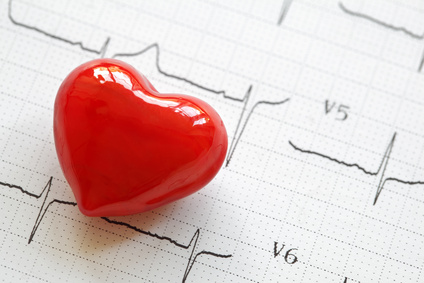European and American agencies (such as the Centers for Disease Control [CDC]) have begun evaluating reports on myocarditis in individuals who received one of the COVID-19 vaccines based on messenger RNA technology (Pfizer/BioNTech and Moderna).

This possible association has not been yet established and, even if confirmed in the future, it would not undermine the enormous benefit provided by vaccines.
The CDC has recently warned the medical community regarding the possible risk of myocarditis when using this type of vaccine.
This alert was issued by the Vaccine Safety Technical Work Group (dedicated exclusively to COVID-19 vaccine safety) based on a few reports of individuals who developed myocarditis after vaccination.
Most cases were in teenagers and young adults (more frequently male), who developed myocarditis within four days from getting the second dose.
Most cases were mild, and follow-up is currently underway to obtain more data on their evolution.
Read also: EuroPCR 2021 | CASTLE: Orsiro vs Xience Guided by Intravascular Imaging.
For now, the myocarditis rate does not differ from that reported in the general population before pandemic. This CDC technical reports is intended to encourage physicians to report all myocarditis events, so that their association with vaccination can be confirmed or ruled out.
The European Medicines Agency safety committee also informed that it was evaluating reports of myocarditis and pericarditis in people who had received either of the two messenger-RNA-based vaccines (mainly the Pfizer/BioNTech vaccine) although, at this time, there is no evidence of any association.
The benefit of vaccination far exceeds the eventual risk of myocarditis—if there actually is such a risk.
Original Title: COVID-19 VaST Work Group Technical Report – May 17, 2021.
Reference: https://www.cdc.gov/vaccines/acip/work-groups-vast/technical-report-2021-05-17.html
Subscribe to our weekly newsletter
Get the latest scientific articles on interventional cardiology





